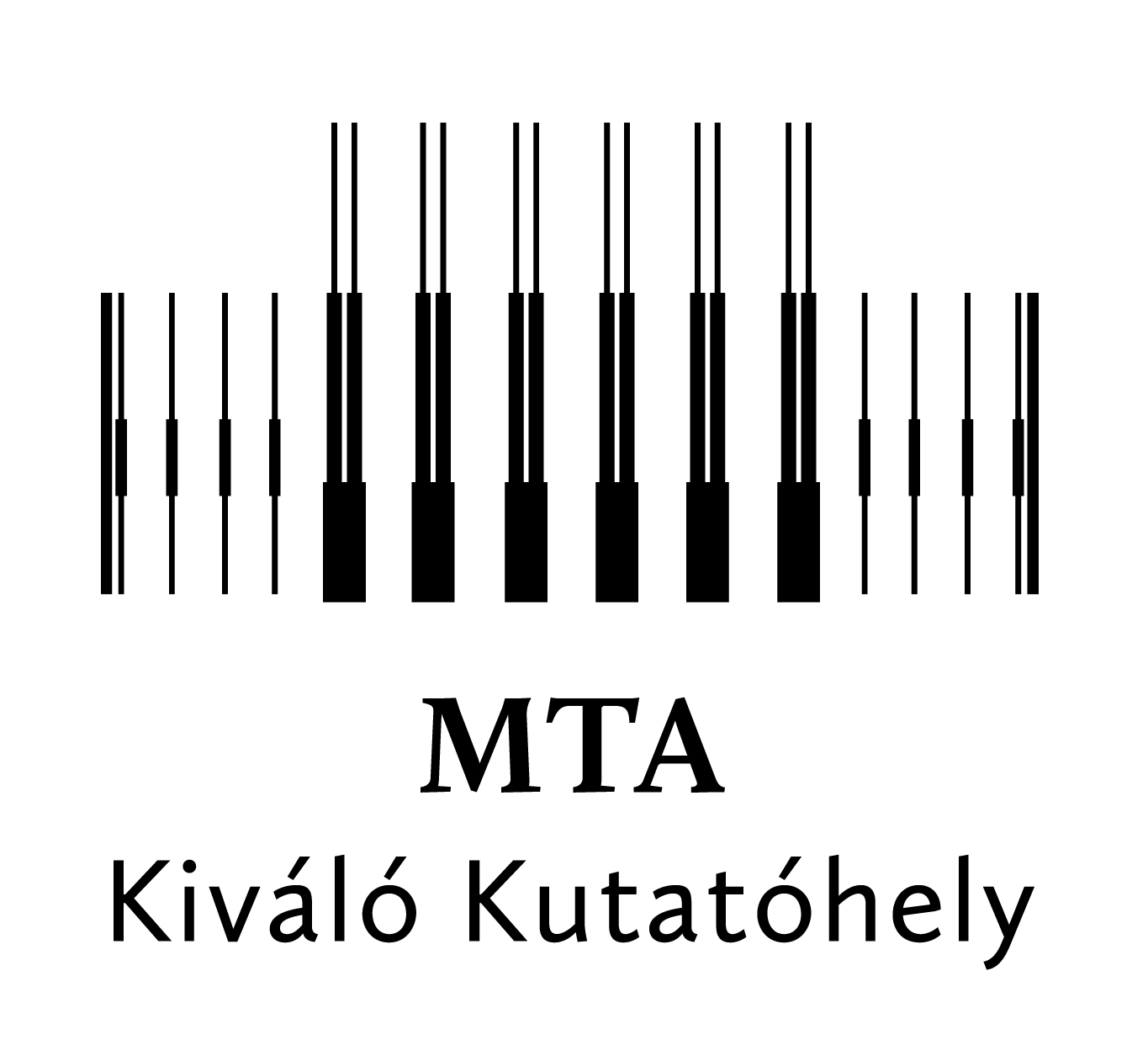Impresszum | Copyright © 2024 Budapesti Műszaki és Gazdaságtudományi EgyetemBME
Muriel Medard (MIT) előadás elmarad
2023. június 2.
Professor Muriel Medard, from the Massachusetts Institute of Technology, honorary doctor of the BME, will give a lecture titled "Universal decoding - revisiting the need for standardization in error-correcting codes"
on June 2, 2023, at 16:00, in room Q1 (Simonyi room)
Please indicate your intention to attend: https://forms.office.com/e/Z8zshkSufH
The summary of the presentation is:
While 5G has provided some notable successes in introducing new technologies, such as millimeter wave and adoption of massive multi-input multi-output (MIMO), many of the above desiderata have been pushed at this stage to 6G. The causes of these unrealized ambitions are varied, but much can be attributed to the fact that the architecture of 5G remains patterned after previous generations, an overlay of many quasi-sedimentary layers of successive legacies, from conventional suboptimal modulations, to interleaving over channels, to being limited to a small number of long-and low-rate physical layer codes such as LDPCs, to hybrid ARQ and ARQ repetition at the MAC and transport layers.
5G has often resorted to increasing bandwidth to mask the inefficiencies of these legacy issues by running systems in fast forward.
Paradoxically, these multiple layers have not led to a finely granular design that enables innovation in various subcomponents. The different sublayers, often harking to old technology that was developed for other settings, are too numerous and complex to allow real co-design and optimization. Current standards practices have tended to have highly prescriptive solutions for the different components of networks that suffer from the drawbacks of separate design while still proposing monolithic solutions that lack adaptability
We propose in this talk a modular approach that may resolve the current logjam. While ORAN has made significant strides in modularizing management systems, physical layers remain constrained by an architecture that does not correspond or respond to current technology.
Our principles are borrowed from the successful approach of creating new interfaces and APIs to general units. In a manner akin to having a call to a general processing unit (GPU), we propose to organize systems according to units that fulfill a purpose, in a way that enables each unit to be modular, to permit incorporation of new technologies without undue obstacles.
